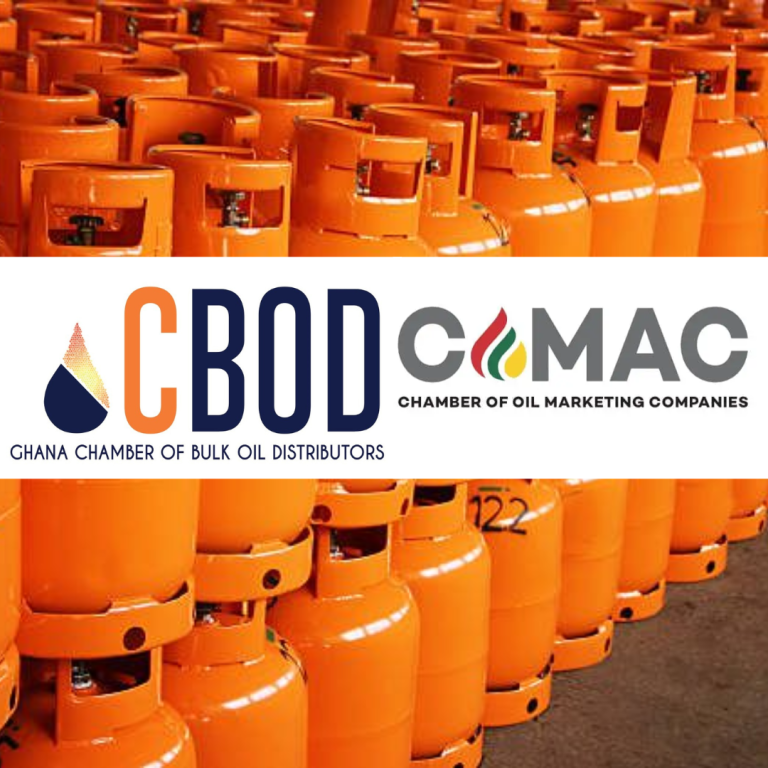The Tema Oil Refinery (TOR) has signed an agreement to refine 11million barrels of crude.
The agreement – a tolling crude oil processing agreement between Tema Oil Refinery and Woodfields Energy Resources Limited, a wholly Ghanaian-owned oil trading company, is backed by the world’s largest oil and gas trader.
Woodfields Energy’s long history with the Refinery and knowledge of the energy business in Ghana and Africa led them to originate and lead this transaction. The contract would ensure that TOR continues the processing of crude oil into the foreseeable future.
According to the Managing Director of TOR Isaac Osei, the Refinery is currently operating a tolling model where it processes crude oil for and on behalf of third parties at a fee.
This arrangement places minimum or no risk at all on the refinery as the processor since the crude oil is purchased, transported and marketed by the third party.
Mr Osei explained that the third parties who enter into tolling agreements with TOR are confident in the new operating efficiency philosophy as well as the transparency at TOR and are thus motivated to do business with TOR.
He said although the current arrangement covers processing crude oil at CDU, the RFCC which is currently under nitrogen pressure would also soon be engaged after negotiations between TOR and some potential partners are completed.
Mr Osei who was answering questions from Energy reporters on the sidelines of the ongoing African Refiners Association conference in Accra mentioned that aside from the current tolling agreement with Woodfields Energy, TOR is also negotiating to sign similar tolling agreements with other international traders like Gemcorp, BP, and other traders.
The former Cocobod CEO attributed this development at TOR to guarantees on plant efficiency and effectiveness.
“After a careful diagnosis of TOR’s challenges, the Board and Management met with the workers and charged them to work efficiently in order to restore the company to its glorious days and I’m happy to announce that with this new operating philosophy at TOR, our trading partners have realized that TOR is technically viable and could indeed give them value for money with the right structures in place”, Mr. Osei stated.
He explained that TOR’s new philosophy of ‘operating efficiency’ is centred around the company’s Utilities section (Power House), the power generation hub of the refinery.
Currently, TOR uses Refinery Fuel Gas (FG) that is generated as a by-product of the refining processes at RFCC and CDU.
This fuel gas generated at TOR is however inadequate to fire the various heaters in the refinery. The shortfall, Mr Osei explained is made up with Fuel Oil in the form of AR or Cracked Fuel Oil, a high-value product, a situation Mr Osei observed used to erode the refinery of its profit margins.
To surmount this challenge, Mr Osei revealed that the commerce and technical teams ensured that TOR came up with both long and short term strategies.
In the short term, the company has negotiated that all processing agreements with third parties should cater for the challenge of using AR to power the boilers in the refinery.
In the long term, however, TOR has set up a technical team which has presented an actionable plan to link TOR to VRA (Volta River Authority) to tap gas from the WAPCO (West African Gas Pipeline Company) pipeline to fire the furnaces and boilers instead of using Fuel Oil”, Mr. Osei stated.
It will be recalled that when the Isaac Osei team took over the company in 2017, the plants at TOR had missed three cycles of scheduled shutdown maintenance and this affected its reliability and performance.
The Board at one of its earlier meetings, therefore, decided to embark on the much needed shut down maintenance to improve upon the performance and reliability of both the CDU and the RFCC.
—JoyBusiness





